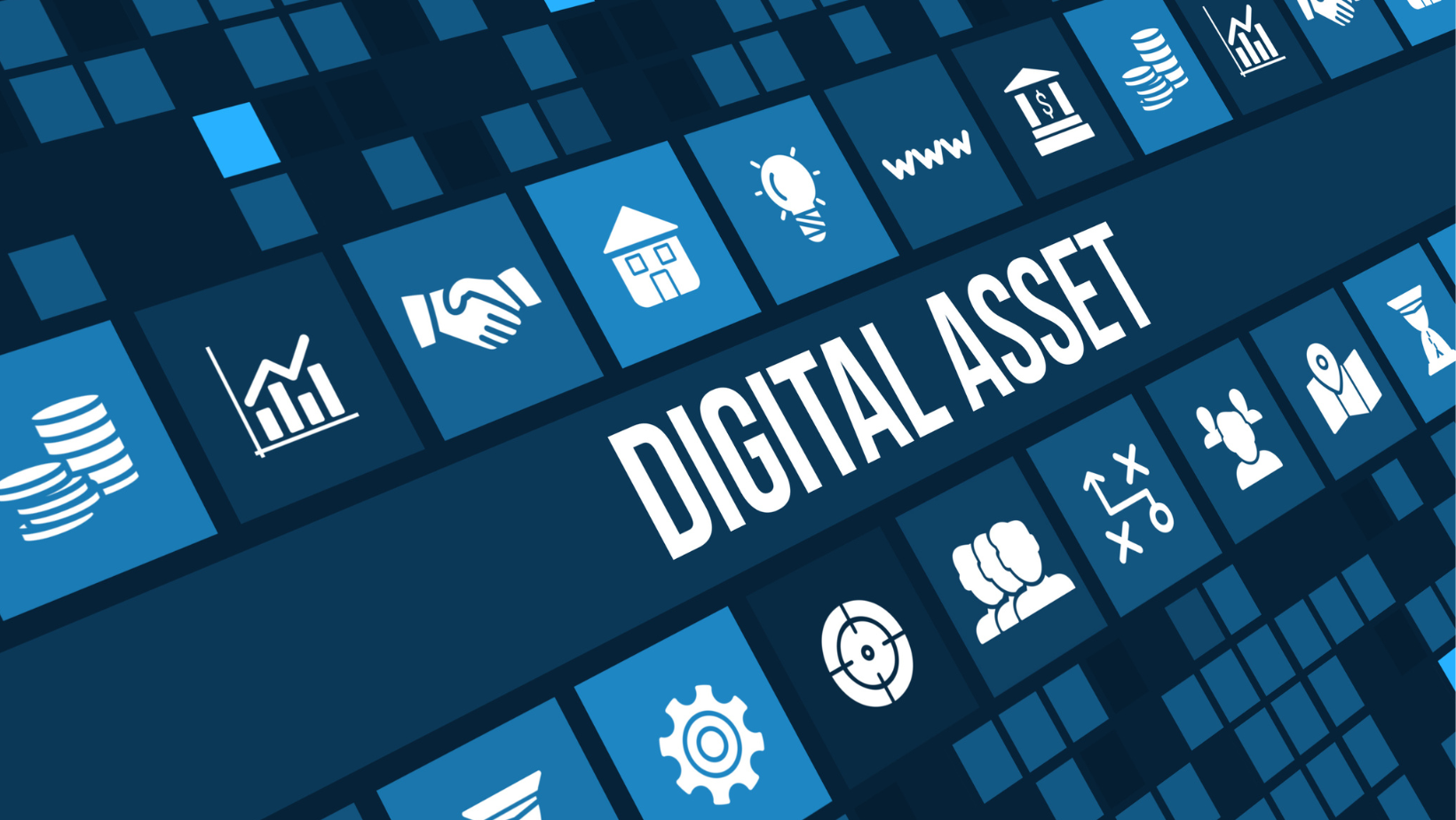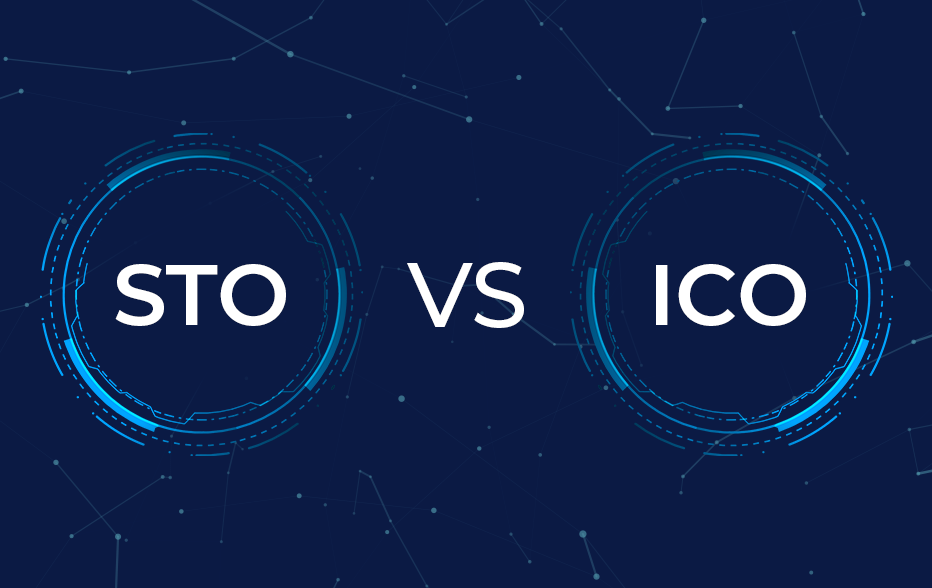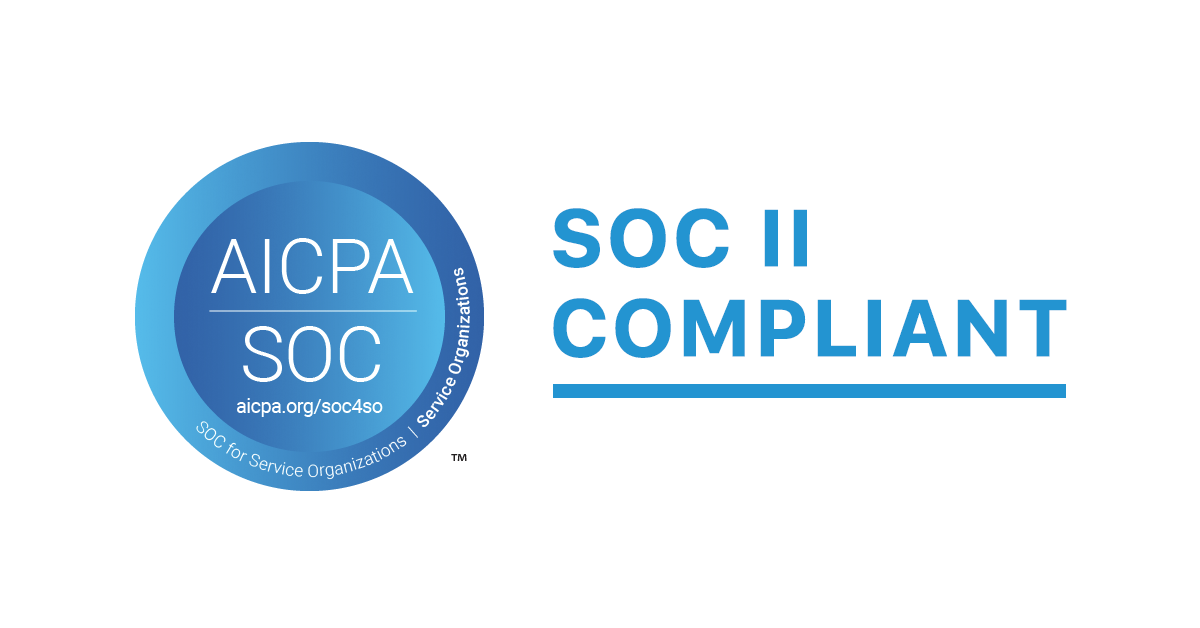Getting to Know Digital Asset Regulation

A revolution is underway in the field of finance, and it’s driving more and more assets into the digital realm. Blockchain-based tokens and digital assets are reaching a stage of maturity where regulation becomes essential in spurring responsible innovation going forward. If you’re building, investing, or working in the digital asset space, understanding the basics of digital asset regulation and how they are shaping up around the world is of utmost importance to ensure smooth operations.
From The Dark Web to Davos: The Evolution of Digital Assets
Since their development a few short years ago, digital assets have rapidly grown in popularity. Initially, they only held sway amongst tech-savvy individuals who sought their use as a store of value, with the help of exchanges on the Dark Web. The infamous marketplace known as the Silk Road was the venue for a majority of cryptocurrency activity until it was shut down in 2013, and its founder was thrown into jail for life.
Since then, the rising popularity of Bitcoin, Ethereum, and other blockchain projects has transformed digital assets from a shady corner of the internet into a viable asset class. Every day sees an influx of institutional money entering the space, making digital assets much easier for the average investor to access. Public companies such as MicroStrategy and even countries like El Salvador are investing in cryptocurrencies such as Bitcoin.
Meanwhile, digital assets in the form of security tokens are having a major impact on capital markets and the way companies raise money. As technology continues to advance and the financial industry evolves, digital assets are increasingly playing a significant role in the capital markets. One of the most notable developments in this space has been the rise of security tokens, which are digital assets that represent ownership in a company or an investment fund. These tokens use blockchain technology to securely track and transfer ownership, making them more efficient and transparent than traditional methods. This shift is having a profound impact on the way companies raise money and access capital.
With security tokens, companies have a new, innovative way to access funding, which is changing the traditional landscape of capital markets. This trend is expected to continue and gain momentum as more and more companies adopt this new class of digital assets.
The rise of digital assets has been so significant that they featured heavily in this year’s World Economic Forum in Davos, Switzerland. This event brings together the world’s most influential leaders in business, politics, and academia to discuss the most pressing issues of the day. The inclusion of digital assets in the discussion is a testament to their growing importance in the global economy.
How Digital Asset Regulation is Shaping Up In the USA
The US position atop the digital asset universe was cemented when China introduced a ban on crypto mining, driving plenty of activity in the direction of the United States. Yet, not all activity in the US has been positive, with the collapse of FTX and the arrest of its former CEO having a particularly negative impact on the crypto industry’s reputation with some regulators and politicians. SEC Chairman Gary Gensler has been particularly vocal about the risks of cryptocurrencies, and that many of them fall under the definition of unregistered securities.
In fact, Gensler is adamant that of all crypto assets out there, only Bitcoin can be considered a commodity and by extension, falls outside the SEC’s jurisdiction. In addition, the SEC has made it clear that token issuers can’t expect new regulation any time soon, and must instead abide by the existing SEC playbook like any other company raising capital. Companies wishing to issue tokens must either file a full prospectus or register for one of the SEC’s private placement exemptions such as Reg A+, Reg S, Reg D or Reg CF.
SEC commissioner Hester Pierce spoke about the agency’s plans to allow investors to “ trade crypto security tokens versus or alongside crypto non-security tokens” at the Digital Asset Conference at Duke, a conference at which INX spoke as well.
Digital Asset Regulation Around the World
While the US continues to lead the pack, the digital assets revolution is global in nature, evolving differently across a number of jurisdictions worldwide.
In Australia, regulators are determined to figure out how to implement stablecoins into the national payment ecosystem safely. A paper published by the Reserve Bank of Australia lays out a framework for stablecoins and considers risks such as climate-related impacts, disruptions to funding markets, and liquidity risks that might arise from their use. Cryptocurrency is legal in Australia and is considered property for capital gains tax purposes. The Australian government has implemented regulatory measures to monitor cryptocurrency transactions and prevent illegal activities, such as money laundering and terrorist financing.
In the United Kingdom, the Financial Conduct Authority (FCA) has taken a proactive approach to regulation by establishing guidelines for firms involved in crypto-related activities, including anti-money laundering and consumer protection measures. Additionally, the FCA considers security tokens to fall under the scope of the ‘Regulated Activities Order (RAO). UK Prime Minister Rishi Sunak is a vocal proponent of crypto and digital asset innovation and even ordered the British Royal Mint to issue an NFT when he was Finance Minister.
In Europe, steps to introduce a clear regulatory framework for the industry gave rise to the Fifth Anti-Money Laundering Directive (5AMLD), a law passed in 2020 aiming to improve the prevention of money laundering and terrorist financing in the context of virtual assets. Additionally, the European Securities and Markets Authority (ESMA) has assumed responsibility for regulating security tokens, which it classifies as “those classes of securities which are negotiable on capital markets, with the exception of instruments of payment.”
In South Korea, a crypto-friendly president, Yoon Suk Yeol, assumed office in May of last year. Recently, the country introduced legislation to bring security tokens under the scope of capital market rules. South Korea is famous for its innovation-first mindset and population, over 10% of which own some form of digital assets. This latest push to regulate security tokens is already sparking awareness amongst a vast mainstream audience.
In Central and South America, El Salvador remains the leader in mainstreaming Bitcoin, with President Nayib Bukele announcing a new BTC investment strategy and Economy Minister Maria Luisa Hayem Brevé introducing a bill to raise $1 billion for a “Bitcoin city.” Brazil has also become pro-crypto with the introduction of a bill to legalize crypto as a payment method.
In Africa, the regulatory status of digital assets varies by country. Some countries have taken a cautious approach to regulation, while others have been more supportive of the growth of digital assets. For example, in South Africa, the central bank has issued guidelines for cryptocurrencies, while in Kenya, mobile money has driven innovation in digital financial services. In Nigeria, the central bank has issued warnings about cryptocurrencies, but they are still widely used. Overall, the regulatory environment for digital assets in Africa is still evolving, and more clarity and consistency will emerge in the coming years.
What Does the Future Hold for Digital Asset Regulation?
As digital assets continue to gain popularity and momentum, regulators around the world are working to establish clear and consistent guidelines. The aim is to provide a framework that balances investor protection, market stability, and innovation. At INX we have been striving to comply with all relevant regulations since day one, and welcome the increased awareness that’s being generated in the digital asset space. Magic happens where innovation meets regulation, and that’s where we’ll continue to be.
David Azaraf February 15, 2023
Crypto enthusiast, help businesses plug into the token economy





